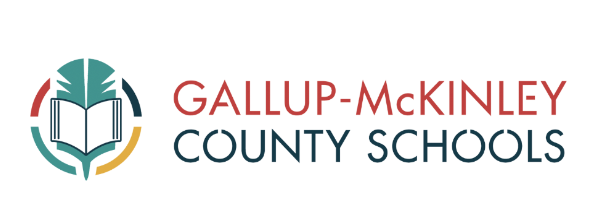
Gallup-McKinley County Schools has guidance to place “menstrual products” in male restrooms; uses guidance to keep gender identity of students hidden from parents
Incidents
- Issues
- Parent Rights
- Sex and Gender
Parents Defending Education submitted a public records request to Gallup-McKinley County Schools seeking any guidance the district has regarding transgender issues. One document was an email dated July 6, 2023. This email states that the district will need to add “menstrual products” to “at least one men’s bathroom in every public middle school, junior high school, secondary school and high school” and in at least “one men’s bathroom” in “every public elementary school.”
The district also provided PDE with a document titled “Fact Sheet on U.S. Department of Education Policy Letter on Transgender Students” from the National Center for Transgender Equality. The organization openly targets youth with gender ideology. The guidance appears to explain that the gender identity of students can be hidden from parents:
Revealing a student’s transgender status, birth name, sex assigned at birth, or medical history to classmates, parents, teachers and others may violate the federal educational privacy law, known as FERPA. While it’s not always possible to prevent other people from finding out about a student’s transgender status, schools must make every effort to keep that information private unless the student has given them permission to share it. Transgender students have a right to decide who finds out about their transgender status, unless there is a legitimate educational reason for sharing the information.
The guidance further states that telling parents this information can pose as a “danger” to students. The guidance explains:
While many transgender students have the support of their families, some do not have supportive families, and inadvertent disclosures could even put the student in danger. Parents have a right to request information in a student’s official school records. Absent such a request, the Department of Education provides examples of state and local policies that call for staff to work together with transgender students on a case-by-case basis to determine how the school should communicate with parents, teachers and peers, and how much information the student is comfortable sharing with those people.
This guidance also states that staff “may be breaking the law” if they refuse to use a student’s preferred pronouns and name.
Another document the district provided to PDE as guidance is from the National School Boards Association (NSBA). This NSBA guidance states that the gender identity of students should be hidden from parents: “School staff should privately ask transgender or gender nonconforming students how they want to be addressed in class and in school communication with the student’s parents or guardians, with whom the student may not have shared their gender identity.” The guidance then reiterates this:
Ensure that all personally identifiable and medical information relating to transgender and gender nonconforming students, like all students, is kept confidential. School staff should not disclose any information that may reveal a student’s transgender status to others, including parents or guardians and other school staff, unless legally required to do so or unless the student has authorized such disclosure.
Stay Informed
